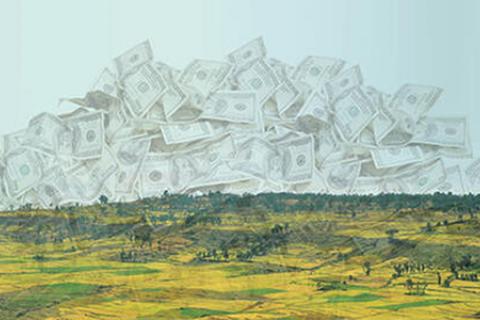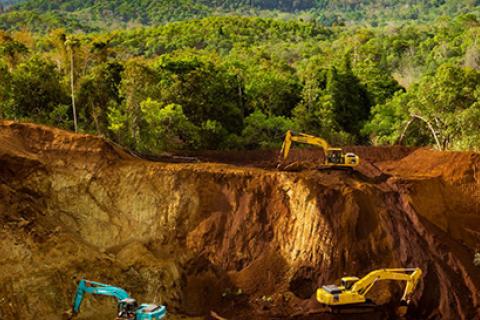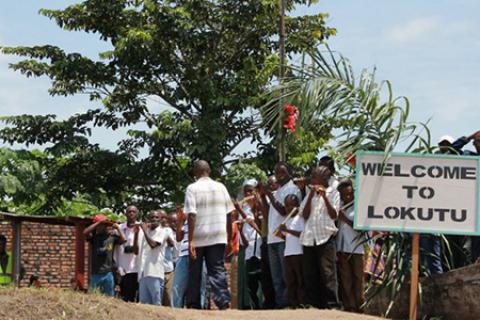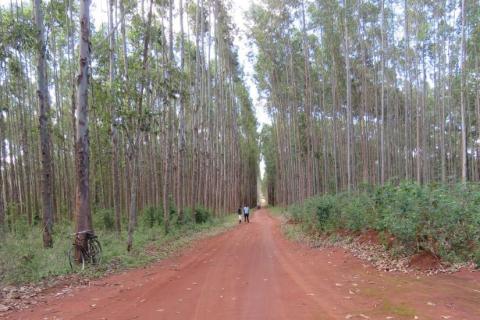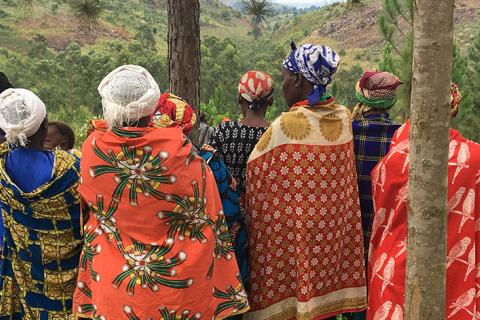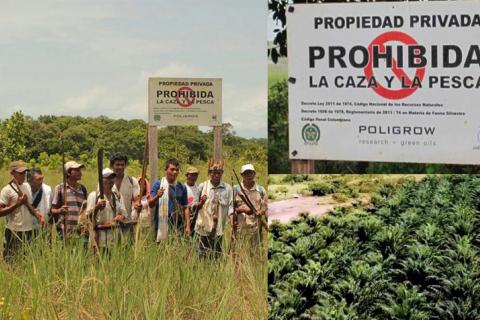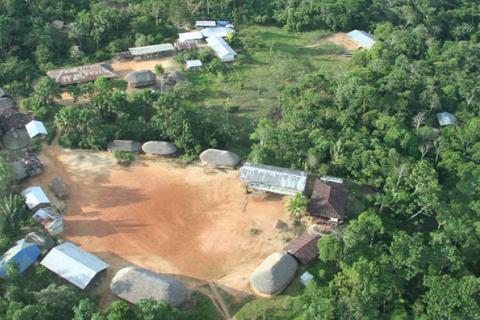Why haven't Africa's post-colonial governments dismantled the colonial plantation model of exploitation and extraction, returned the lands to their people and emboldened a resurgence of Africa's diverse, local food and farming systems?
Bulletin articles
The development narrative continues to be revived despite its role in driving the current crisis and the millions of livelihoods it has destroyed through displacement and dispossession.
How does REDD+ fit into the development agenda in Indonesia? What are the actors involved in promoting REDD+ and with which interests? (Available in Indonesian).
European development banks have financed a plantation company in DRC that is built on injustice and violence dating back to a colonial-era land grab. When the company went bankrupt in 2020, the banks chose to uphold the plantation model.
In June 2019, a report from the AfDB and WWF Kenya made a call to development-funding agencies, mainly from Europe, and the World Bank, to provide aid money to a new Fund for financing 100,000 hectares of (new) industrial tree plantations, to support the potential development of 500,000 hectares, in Eastern and Southern Africa.
This article is about how so-called ‘development cooperation’ hides, and grants legitimacy to, an agenda of dispossession and capitalist expansion; and how this ‘cooperation’ actually co-opts the political agenda of grassroots movements.
Despite the various tactics that try to hide the underlying harm and violence behind large scale tree plantations, each year, communities and movements raise up on September 21st to give visibility to their struggles and to denounce the detrimental impacts tree plantations have on their lives and territories.
The large-scale plantations from UK-based New Forests Company (NFC) have meant violence for thousands of residents from Mubende, Uganda. More than 15 years after the company began its operations, affected communities still confront the long-lasting and severe damages.
A historical reflection of China’s main mass tree-planting projects puts in evidence the increasingly key role of capital and market forces in rural China. The most recent one is based on the idea of “green” consumerism and benefits some of the biggest retailer and technology companies.
Several of Sappi’s plantations have been converted from pine to eucalyptus trees without authorization. Data obtained in over 75 years to verify timber plantations’ water use demonstrate that eucalyptus trees use 30 to 50% more water than pine trees.
Colombia: Palm-Producing Company Poligrow Plans to Grab more Land under the “Small Producers” Scheme
Violence, massacre and forced displacement in the context of the armed conflict in Colombia have served to advance the industrial cultivation of oil palm. Palm-producing company Poligrow has an undeniable role in land-grabbing and intimidation in the municipality of Mapiripán.
Most governments, NGOs and corporations are promoting more Protected Areas and conservation areas around the world. But what does conservation mean? Marlon Santi of the Kichwa people of Sarayaku explains to us what the Amazonian peoples of Ecuador consider to be conservation.

